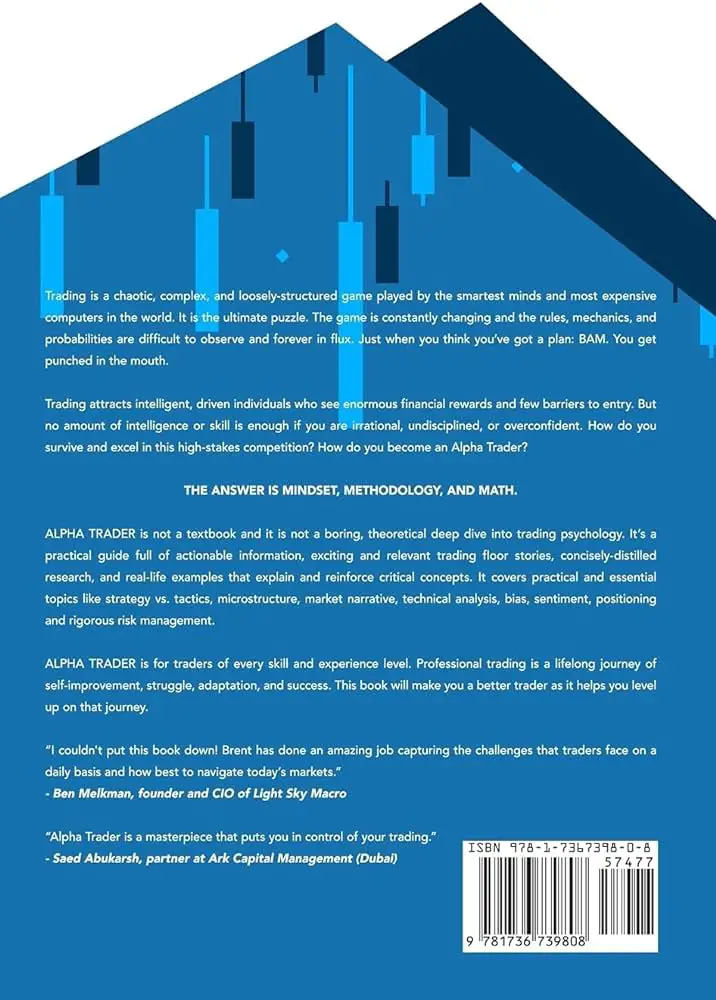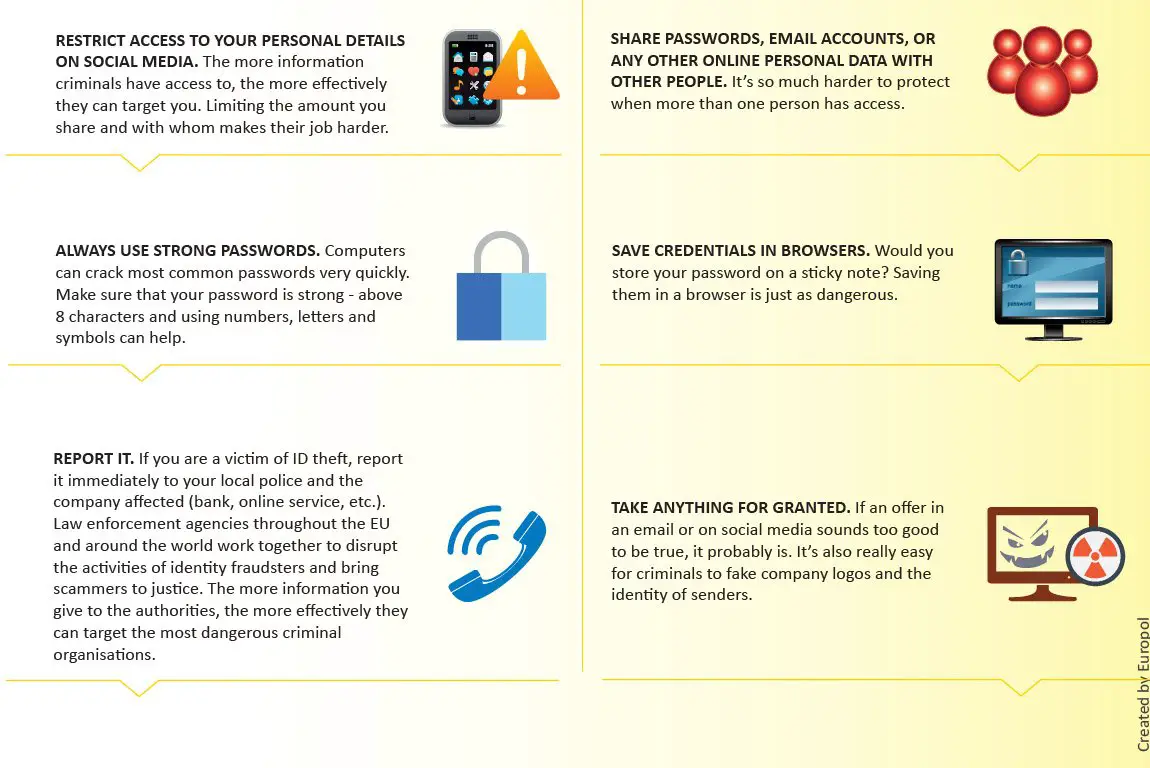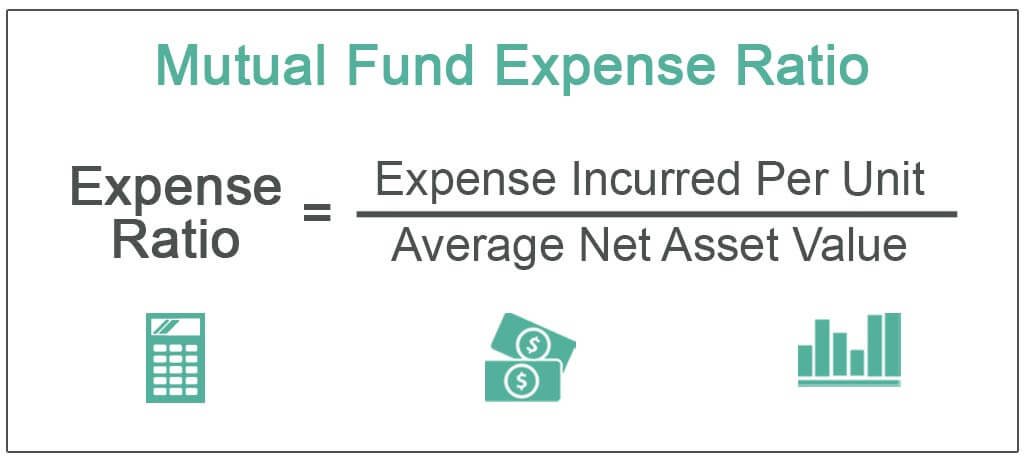Day trading, the art of buying and selling securities within the same trading day, can be an exhilarating and potentially profitable venture. But before diving into this fast-paced world of financial markets, there are a few key things you need to know. Don’t worry, we’ve got you covered! In this article, we’ll explore the essential aspects of day trading that every novice trader should be aware of. From understanding market volatility to effectively managing risk, we’ll equip you with the knowledge and skills you need to navigate the exciting realm of day trading. So, if you’ve been curious about what to know before diving into day trading, look no further! Let’s dive in together and explore this fascinating world of rapid-fire trading.
What to Know Before Diving into Day Trading
Welcome to the fascinating world of day trading! If you’re considering diving into this fast-paced and potentially lucrative endeavor, it’s important to equip yourself with the necessary knowledge and skills. Day trading involves buying and selling financial instruments within the same trading day, seeking to profit from short-term price fluctuations. While it can be exciting and potentially profitable, it’s crucial to understand the risks involved and the strategies that can increase your chances of success. In this article, we will explore what you need to know before diving into day trading, from understanding the market to developing a trading plan and managing risk.
1. Understand the Market
Before you start day trading, it’s essential to have a solid understanding of the financial market. This includes knowledge of different asset classes such as stocks, options, futures, and currencies. Take the time to educate yourself about how these markets work and the factors that influence their movements.
Here are some key concepts to grasp:
- Market Participants: Learn about the various participants in the market, including individual traders, institutional investors, and market makers. Understand how their actions can impact price movements.
- Market Analysis: Familiarize yourself with different methods of market analysis, such as technical analysis and fundamental analysis. These tools can help you identify potential trade opportunities.
- Market Order Types: Understand the different types of market orders, including market orders, limit orders, stop orders, and more. Knowing how to use these order types effectively is crucial for executing trades.
- Market Hours and Volatility: Be aware of the trading hours for each market and understand the times of day when volatility tends to be higher. This knowledge can help you plan your trading activities.
2. Develop a Trading Plan
Successful day traders have a well-defined trading plan that outlines their strategies, goals, and risk management techniques. A trading plan serves as a roadmap, helping you stay focused and disciplined in your trading activities. Here’s what to consider when developing your trading plan:
- Trading Strategy: Identify a trading strategy that aligns with your goals and risk tolerance. There are numerous strategies to choose from, such as trend following, breakout trading, and mean reversion. Select a strategy that resonates with your trading style.
- Entry and Exit Criteria: Determine the conditions that must be met for you to enter and exit trades. This could include technical indicators, chart patterns, or fundamental factors.
- Risk Management: Establish guidelines for managing risk, such as setting stop-loss orders to limit potential losses, determining position sizes based on your account size, and implementing proper risk-reward ratios.
- Trading Schedule: Decide on your trading schedule and the amount of time you can dedicate to day trading. Consider the market hours that align with your availability and trading preferences.
- Record Keeping: Keep track of your trades and review them regularly. Maintaining a trading journal can provide valuable insights into your strengths and weaknesses, allowing you to improve your trading over time.
3. Start with Sufficient Capital
Day trading requires sufficient capital to withstand potential losses and take advantage of opportunities. While the exact amount varies depending on your trading style and goals, it’s generally recommended to start with a substantial amount of risk capital.
Here’s why having sufficient capital is important:
- Buffer for Losses: Day trading involves inherent risks, and losses are inevitable. Having enough capital allows you to absorb these losses without being forced to exit the market prematurely.
- Trade Opportunities: With limited capital, your trading options may be constrained. Sufficient capital opens up a wider range of trade opportunities, increasing your chances of finding profitable trades.
- Psychological Stability: Trading with a small account can be emotionally challenging, as every trade can have a significant impact on your equity. Sufficient capital provides psychological stability, allowing you to make rational trading decisions.
4. Learn Risk Management
Risk management is a critical aspect of day trading. It involves implementing strategies to control potential losses and protect your trading capital. Without proper risk management, even the most successful trading strategy can lead to substantial losses. Here are some key risk management principles to keep in mind:
- Position Sizing: Determine the appropriate position size for each trade based on your risk tolerance and account size. Avoid risking a significant portion of your capital on a single trade.
- Stop-Loss Orders: Always use stop-loss orders to limit potential losses. A stop-loss order automatically exits your position if the price moves against you, helping to protect your capital.
- Portfolio Diversification: Spread your risk by diversifying your trades across different markets, asset classes, and trading strategies. This can help mitigate the impact of a single trade or market event.
- Emotional Control: Keep your emotions in check and avoid making impulsive trading decisions based on fear or greed. Stick to your trading plan and avoid chasing losses or getting overly attached to winning positions.
5. Practice with a Demo Account
Before risking real money, it’s highly recommended to practice day trading with a demo account. A demo account allows you to trade using virtual funds, simulating real market conditions. This provides an opportunity to test your strategies, familiarize yourself with the trading platform, and gain confidence in your trading abilities.
When using a demo account, treat it as if you were trading with real money. Follow your trading plan, analyze your trades, and learn from your mistakes. Use this time to refine your strategies and gain experience before transitioning to live trading.
6. Continuous Learning and Improvement
Day trading is a skill that requires continuous learning and improvement. The financial markets are constantly evolving, and it’s essential to stay updated with the latest market trends, news, and trading techniques. Here are some ways to enhance your day trading skills:
- Educational Resources: Take advantage of educational resources like books, online courses, webinars, and trading forums. These resources can provide valuable insights and help you expand your knowledge.
- Market Analysis: Continuously analyze the market and study price patterns, trends, and indicators. Regularly review your trades and identify areas for improvement.
- Simulation Tools: Utilize trading simulators or backtesting software to test your strategies and analyze historical data. This can help you refine your trading approach and identify areas of strength and weakness.
- Networking: Engage with other traders, join trading communities, and participate in forums or social media groups. Networking with experienced traders can provide valuable insights and help you stay motivated.
Remember, becoming a successful day trader takes time, practice, and continuous learning. Be patient, stay disciplined, and embrace the learning process.
3 Day Trading Rules!
Frequently Asked Questions
Frequently Asked Questions (FAQs)
What is day trading?
Day trading refers to the practice of buying and selling financial instruments, such as stocks, within the same trading day. Traders aim to profit from short-term fluctuations in prices, taking advantage of volatile markets.
What are the risks associated with day trading?
Day trading involves various risks, including the potential for financial loss. The fast-paced nature of day trading can lead to impulsive decision-making, increased trading costs, and market volatility. It requires in-depth market knowledge and the ability to manage risks effectively.
Do I need prior experience to start day trading?
While prior experience can be beneficial, it is not a requirement to start day trading. However, it is essential to obtain a solid understanding of financial markets, trading strategies, and risk management techniques to increase your chances of success.
What financial resources do I need to start day trading?
To start day trading, you need to have enough capital to meet the minimum requirements set by your broker. Additionally, you should have sufficient funds to cover potential losses and trading expenses. It is important to establish a realistic budget and avoid using funds that are needed for essential living expenses.
What skills are crucial for day trading?
Successful day traders possess several key skills, including strong analytical abilities, discipline, emotional intelligence, and the ability to make quick decisions under pressure. They also continuously educate themselves about market trends, technical analysis, and risk management strategies.
How do I choose a brokerage platform for day trading?
When selecting a brokerage platform for day trading, consider factors such as commission fees, trading tools, platform reliability, customer support, and educational resources. It’s important to choose a platform that aligns with your trading goals and provides the necessary features and support you require.
Is day trading suitable for everyone?
Day trading is not suitable for everyone. It requires a significant time commitment, continuous learning, and the ability to handle high levels of stress. Individuals with limited risk tolerance or those who prefer a more long-term approach to investing may find other forms of trading or investing more suitable.
What are some common day trading strategies?
There are various day trading strategies, including scalp trading, momentum trading, and breakout trading. Each strategy entails different techniques for entering and exiting trades, depending on market conditions and individual preferences. It is essential to thoroughly research and understand different strategies before implementing them.
How can I manage the emotional aspects of day trading?
Managing emotions is crucial for day traders to avoid impulsive decision-making. Establishing a trading plan, setting realistic expectations, and practicing discipline can help mitigate emotional influences. It’s also beneficial to take regular breaks, maintain a healthy work-life balance, and continuously work on improving mental resilience.
Final Thoughts
In day trading, it is crucial to understand the key factors before diving in. Firstly, conducting thorough research and staying updated on market trends is essential. Additionally, having a well-defined trading plan, setting realistic goals, and managing risks effectively are vital. It is important to practice using a paper trading account to gain experience and develop strategies. Moreover, maintaining discipline and controlling emotions during trades are crucial for success. Finally, continuous learning and adapting to market changes are necessary for long-term profitability. Always remember, what to know before diving into day trading is the foundation for a successful trading journey.



